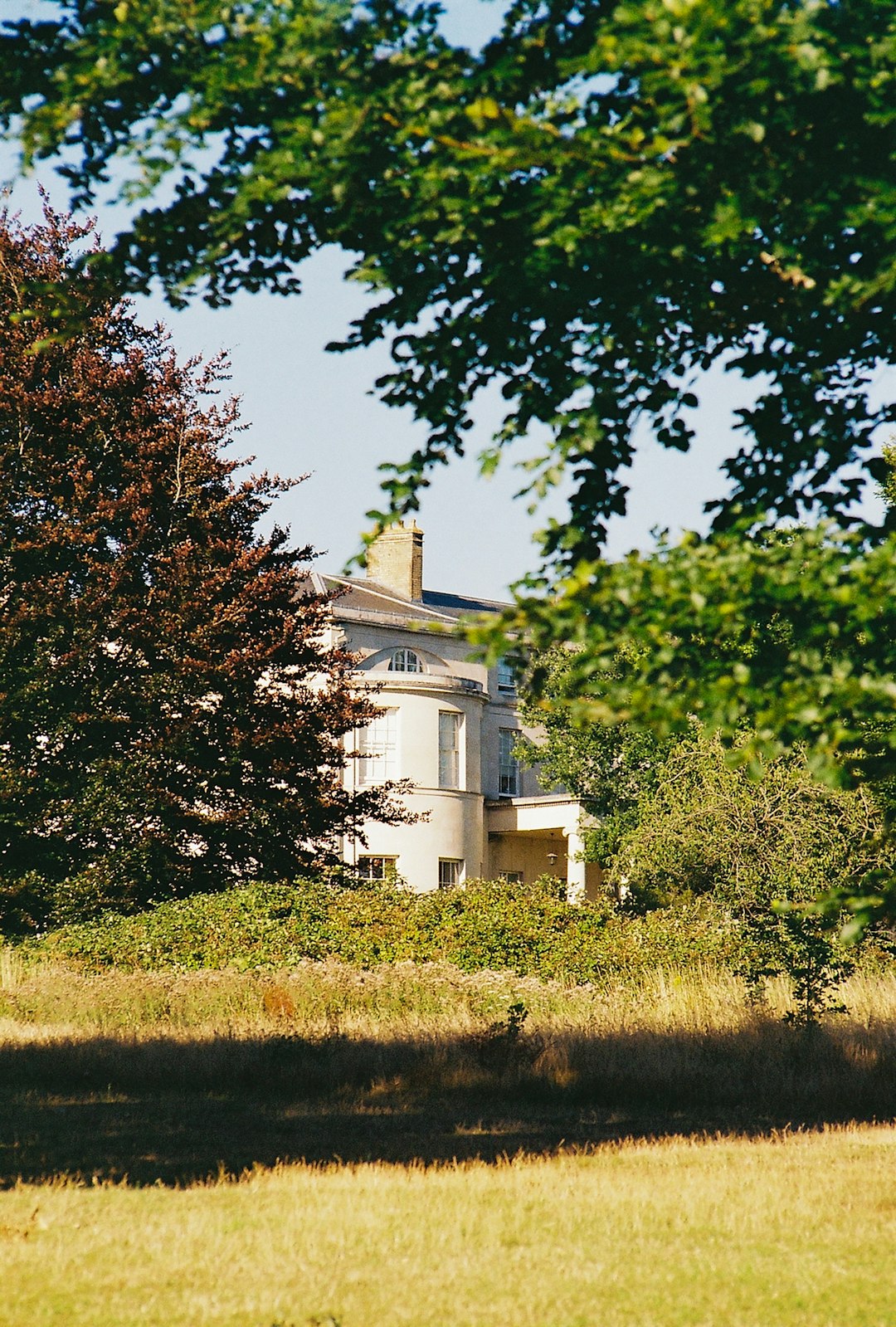Hi, I Go to Journalism School Now
Some personal news—and a look behind the scenes at the Boss Barista editing process.

Hi friends,
It’s the last week of my September sabbatical, and it occurs to me that I haven’t talked about a big thing going on in my life, and one reason I’ve taken some time away from Boss Barista: I’m going back to school.
I started a master’s program in journalism at the University of Wisconsin-Madison last month. Without really meaning to, I kept the application process under wraps—the only folks I told were my partner and the three people who wrote my letters of recommendation.
Even now, I’m not sure why I didn’t share this news more widely (or why I feel some lingering hesitation as I write about it now). Maybe it had something to do with feeling like I’d jinx it if I said it out loud; maybe I was afraid to admit I needed something in my life to change—a realization I could move with and act upon, even if I couldn’t put words to it. But one thing I do know is that I’m in school to learn to be a better writer and reporter.
Do I know exactly what that means? Not yet. But I was thinking of those objectives when I was interviewed for Morgenmete, a print publication about breakfast food. The interviewer, Tess, asked me how I write my Boss Barista pieces. As I answered her question, I realized that my process is actually pretty regimented: I begin with a heavy research phase, look at data, and generally contain the writing to one full workday. Then my editor, Claire, comes in to clean up any awkward phrases and make adjustments to the tone, flow, and style of the piece.
Editing is a vital part of writing—and it’s something that’s really hard to do for yourself, especially when a piece is fresh. An editor can spot things you’re too close to notice, and question what you might inherently know but forgot to spell out on the page.
The editing process for my Boss Barista pieces isn’t necessarily lengthy (Claire and I typically do one or two editing passes, a process we’ve been able to condense because we’ve worked together a lot). Still, it is both comprehensive and exhaustive. Today, I wanted to show you what a Boss Barista piece looks like at three different stages: when I first file it, when Claire edits it, and when it’s finished.
Last week, I shared an article about pizza parties and bad bosses, one of my most-read stories of all time (around 10,000 views). I also mentioned that another article of mine, about the “fourth wave” of coffee, had hit that same milestone. With that fresh in my memory, I thought I’d share what that piece looked like during those three different editing stages:
Here’s the first version. I edited this draft lightly, mostly to make sure I didn’t make any egregious errors.
Here’s the version that Claire edited. Typically, I accept about 99.9% of her suggestions. Sometimes, she’ll leave questions for me when a point I make is unclear or could use more explanation.
Here’s the final draft in Google Docs, and the published version.
These documents reflect just how much editing goes into a Boss Barista piece, and how much I rely on Claire to help me get my ideas across. I wanted to share this to provide a transparent view of my process, but also because I think everyone can benefit from someone else looking at their work. Somehow, Claire strengthens my writing while keeping my ideas sounding like me—I still recognize myself in my stories.
I think it’s easy to default to the assumption that getting a lot of edits means you’re a bad writer, but I want to push back against that idea. During my recent podcast interview with her, Claire compared editing to clearing away the branches and brambles that block a reader’s journey into your work.
Alright friends, I’ll see you next week. For now, I have to study.





Congrats, Ashley! Loved this post. I'm a professional editor and writer, and in my experience, editing tends to either be dismissed, undervalued, or misunderstood. I loved that you demystified the process a little here. It is impossible for a writer (even me, who is trained and who has been editing others' work for more than a decade) to successfully edit their own work. Nor should they! Writers sometimes apologize to me for all their "mistakes," but our brains are actually designed to automatically correct errors and missing information so we can move about the world. The more familiar you are with something, the easier your brain does this. Which means we are fighting against our biology when we edit our own writing. What a lovely thing it is to have an editing partner!
I loved this - showing the reality of editing, of being edited; the differences between drafts. V important, not just for writers to see, but for anyone who thinks writing for a living is super easy and, sure, we could all do it if we wanted....
Congrats on going back to uni! Lots of people in my life have made this decision recently, and I think this "second time around" thing stands to the fact that we're not really going to know till our 30s what we might want to study! To go at 17 is almost like pulling a subject out of a hat, to go a decade and a half later is because we know what we want, and we want to learn everything we can about it.